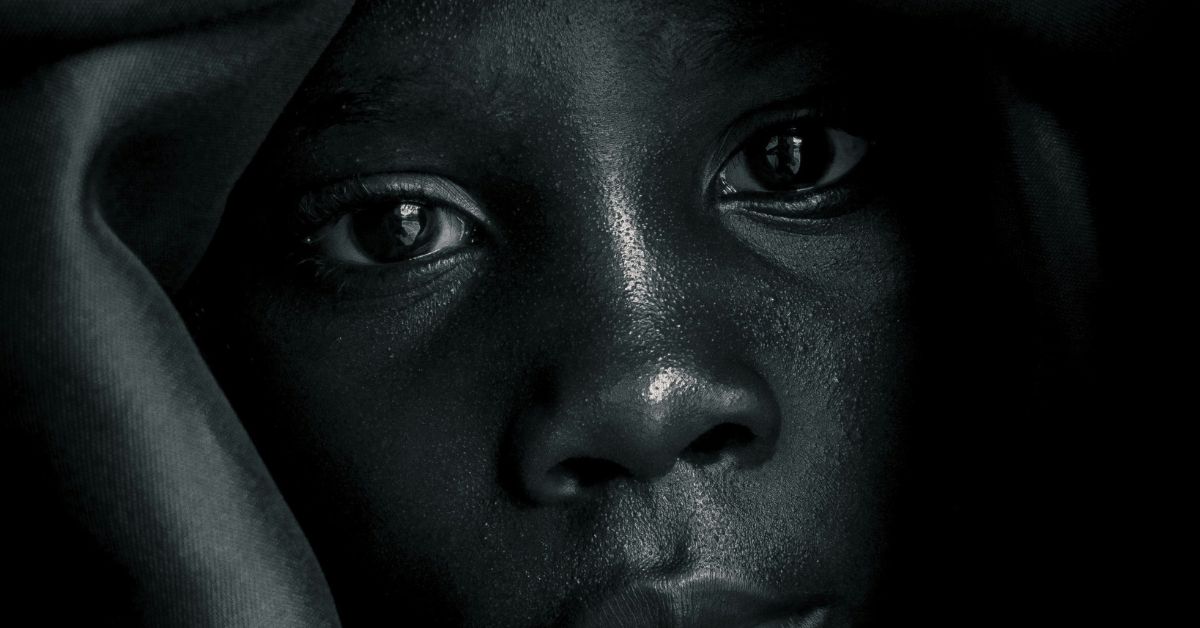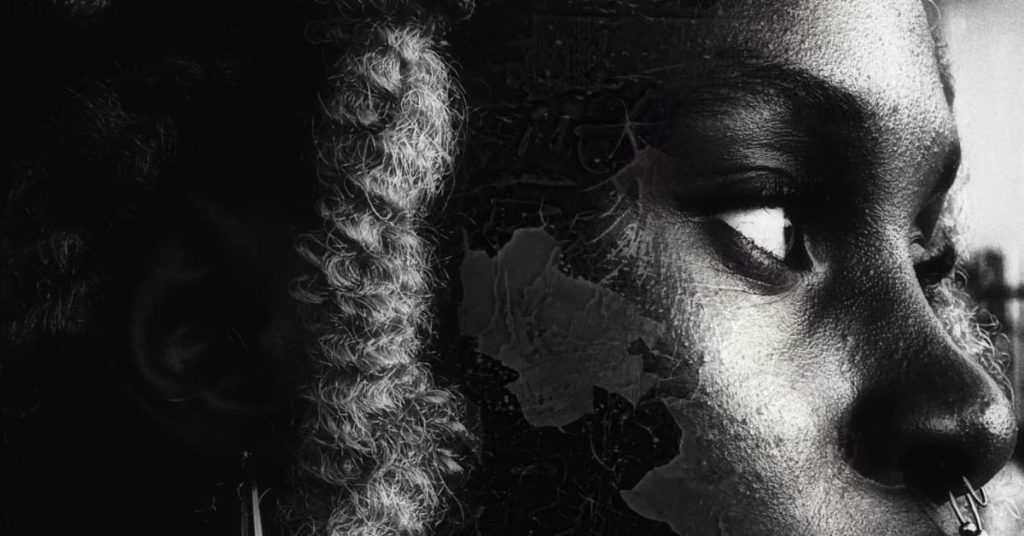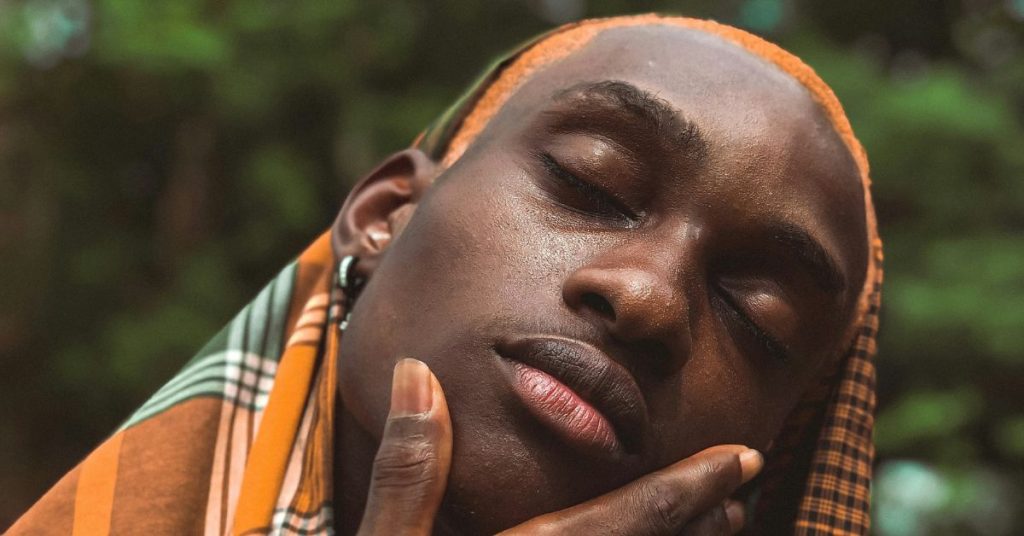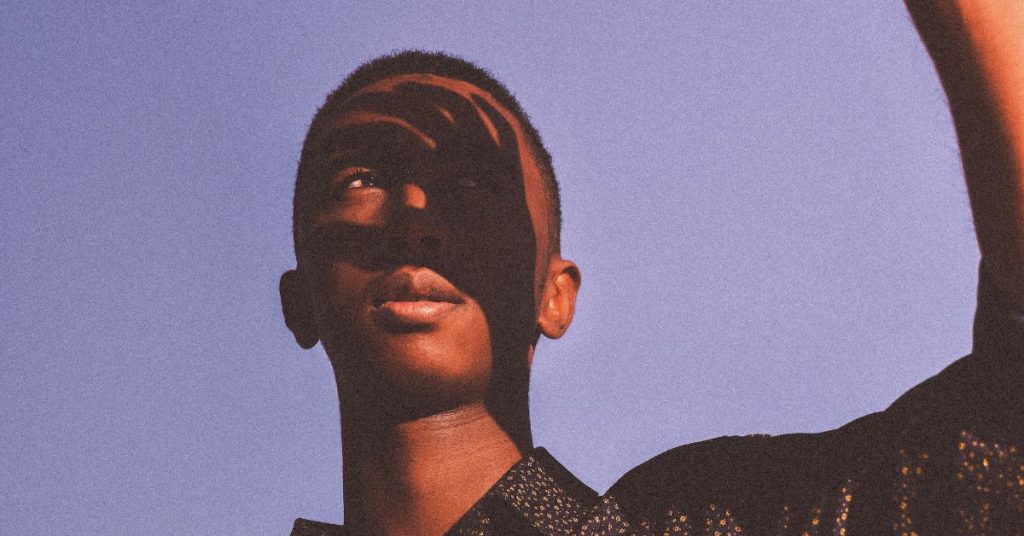As children, we believed in sameness. Sameness in situations, in how people behaved, thought and acted. Occasionally, we’d encounter someone who did things differently—who thought, lived or responded in ways we hadn’t imagined. It disturbed us. It disrupted the neat world we had built. It introduced us to a new word: difference. And slowly, we began to understand that two things—opposing, even contradictory—could exist side by side.
Adulthood isn’t so different. Every now and then, we slip back into that old comfort, into sameness. We’re content with our lives. Content with just school. Content with not being married. Content with not being rich. But now and then, a place, a person or a moment jolts us.
And we remember: difference exists. It reminds us of the gap between ourselves and others, of the absence within our lives—and the presence of something else, something other. But some differences don’t just unsettle; they expose. Nowhere is this more apparent than in class.
Poor people are often content with their lives—or so they like to believe. They don’t dwell too much on hardship. They endure the harsh realities of poverty like they were built for it. Then one day, they meet a rich man and they feel guilty for being poor, not through any outright condemnation, not by his presence, but often by his naiveté to the ways of poverty.
A rich man by circumstance boards a bus — a form of public transport. Right before he steps in, he glances at the people seated, cramped together discomfortingly.
“Four on a seat,” the driver says. The first three seats are filled. The fourth seat waited for one more passenger and the last row was already full.
The rich man beckons to the driver. “I’ll pay for two,” he says.
The driver heads to the last seat and informs one of the passengers that the rich man is ready to pay for two and persuades him to join the fourth seat.
The passenger grumpily agrees and joins the fourth seat. The ride continues in silence. The cramped passengers look at the rich man in contempt. Four on a seat is the norm. How could one person defy it? They were all cramped together, yet there he was—alone, comfortable. Why should he escape the discomfort they all endured?
From the back seat, the rich man watched in astonishment at how the passengers were wedged together.
A woman visited a family of Five —three children and both parents—in a rural village. She wished to see their father, but he was yet to be back and wasn’t going to be anytime soon, they informed her. She decided to wait. The family, out of hospitality, offered to prepare her a meal or perhaps a drink. She declined and opted for water.
“Bottled water, please,” she said politely.
The mother froze. The children looked at her like she had gone mad.
“It’s clean water,” the mother said, peering at the cup of water in her hands. “Right from the tap.”
“Uhm, never mind. I’ll just wait,” the woman replied.
Seconds slipped into minutes, then into hours, and soon, a dull orange colour flooded the sky. It was late now and still, the father hadn’t returned.
“Did he get stuck in traffic?” The woman asked.
“We don’t have a car,” One child replied.
“Really?” The woman turned to the mother, surprised.
“We… we do, but it’s at the mechanic,” the mother said, hesitantly.
By now, the woman’s obliviousness had begun to sting. Her disbelief and her unawareness made the family painfully conscious.
Often, the deepest inequality isn’t wealth but imagination: the inability of both the rich and the poor to conceive a reality beyond their own. The rich man lives in a world where comfort is prioritised and convenience is the norm. By circumstance, he finds himself in a different world—where comfort and convenience don’t exist. The idea that some people survive without comfort, without convenience, seems foreign, almost implausible.
The passengers, on the other hand, live in a reality where people have become accustomed to suffering―not out of choice, but out of necessity. In the poor’s world, to not have is the norm. Everywhere they turn, suffering envelops. Everyone they see and meet suffers. And there is joy in shared suffering. Then, someone arrives—someone who chooses a different life, not out of suffering but out of preference. The rich man was not resented because of his wealth but because of his ability to opt out of hardship, his ability to deviate from the norm.
The Family of five had never thought of their life as lacking. In their eyes, it was whole. Complete. Until a stranger arrived. All it took to crack their belief was neither a snide remark nor cruelty nor disinterest, but the visitor’s innocent obliviousness to their reality. Each question she asked didn’t just disorient them; it made them self-conscious. It informed them of a world where “bottled water” is the default, not a luxury.
The visitor’s disbelief—her inability to fathom a world unlike her own—and their inability to imagine hers: this is where the true disparity lies.
But, perhaps, the deepest divide isn’t material; it is perceptual. It is born not of cruelty, but of unknowing. In these quiet, jarring moments―on the bus, in the kitchen, in a casual question about traffic―something shifts. One person glimpses the limits of their world. Another becomes aware of being seen differently, even pitied.
These are not grand events, yet they rupture the surface of identity. To come out is not always a declaration. Sometimes, it is an accident: a revelation born in the gaze of another. In that moment, identity is not something we claim but something we see through new eyes.
Because great writing shouldn’t be hard to find. Subscribe to get the best reads in your inbox.




